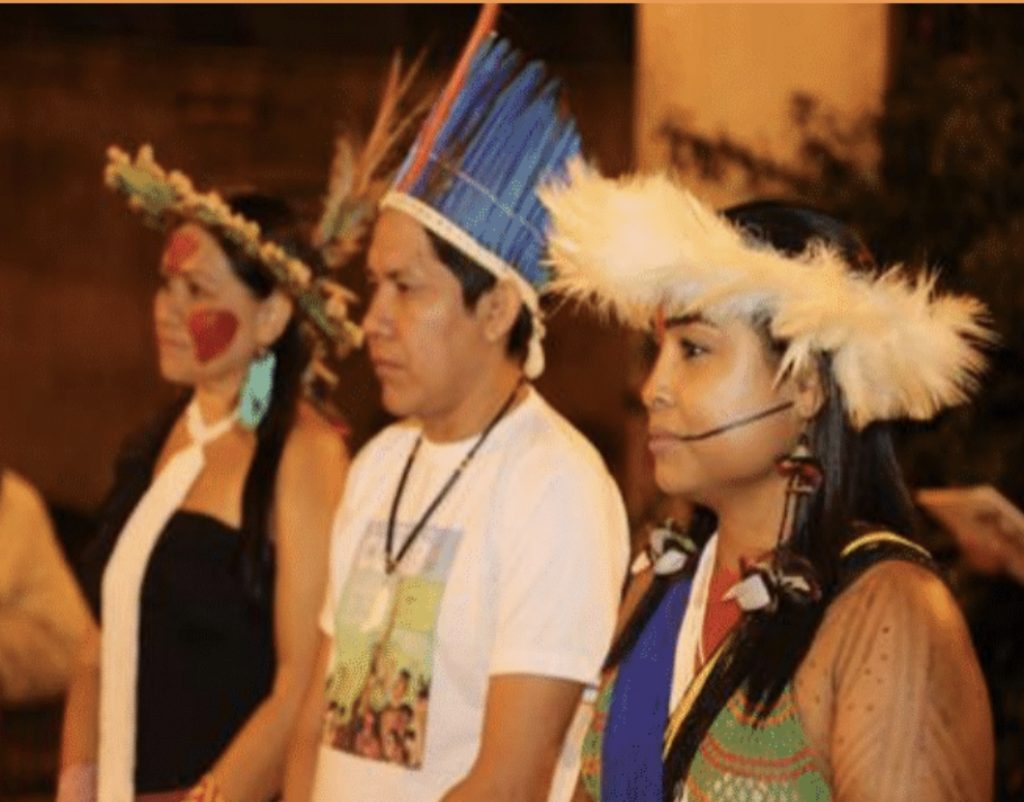Local Partner: FUNDO PODÁALI – Fundo indígena da Amazônia Brasileira
The Podáali Fund – the Indigenous Peoples’ Fund of the Brazilian Amazon – is the only established fund created and managed by indigenous leaders based in the Brazilian Amazon. The Fund’s mission is to provide financial and technical support to indigenous organizations in the Brazilian Amazon to enable them to defend their rights, manage their territories, protect their forest, and fight climate change. As part of the plan during its first year of activities, the Podáali Fund plans to build the capacity of national and sub-regional indigenous organizations for fundraising and the creation of new financial mechanisms that combine Western academic knowledge (related to finance and project management) and indigenous peoples’ traditional knowledge, based on solidarity and reciprocity. The Podáali Fund also intends to participate in national and international discussions on this topic, establishing partnerships with the Brazilian Articulation of Indigenous Peoples (APIB) and the Coordination of Indigenous Organizations of the Amazon Basin (COICA).
The Podáali Fund is, among other initiatives, an action by indigenous peoples to overcome this situation, building their own intermediary fund. Indigenous funds, created and managed by indigenous people and often based in a specific territory, can add value to the projects they support, as they bring along a combination of traditional knowledge with economic and financial knowledge. This becomes even more relevant when it comes to funds to support mitigation measures to fight climate change and adaptation, as both are grounded in particular territories.
Local Partner:
The Podáali Fund is the result of a COIAB initiative (together with its network of 10 other sub-regional indigenous organizations). This Fund was born after more than 20 years of discussions within the Brazilian indigenous movement, the emergence of a new generation of indigenous professionals trained in universities, and a renewal in the leadership of indigenous territorial organizations, with the onboarding of women in coordinating positions.

